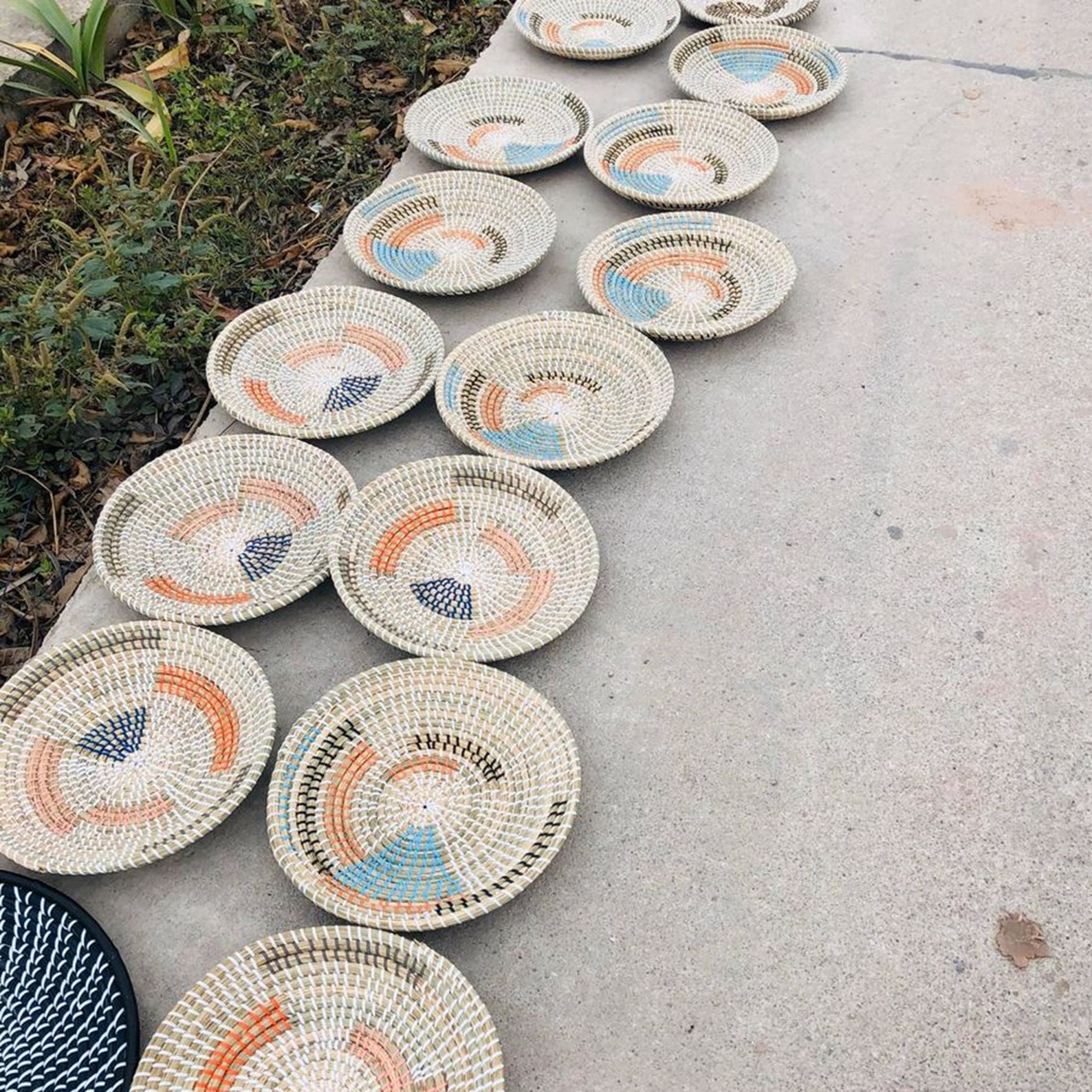

When thou art come into the land which Jehovah thy God will give thee, thou shalt take of the first ripe of all the fruit of the land, which thou shalt bring in from thy land, and thou shalt put it in a basket, and shalt go unto the place which Jehovah shall choose. Here basket is expressed in the original by a different word, which signifies the will part in the natural the figs in the one basket are natural goods while those in the other are natural evils. Jehovah showed me, when behold two baskets of figs set before the temple of Jehovah in one basket exceedingly good figs, like the figs that are first ripe but in the other basket exceedingly bad figs, which could not be eaten for badness ( Jer. Baskets signify the things of the will in so far as goods are therein, in other passages of the Word, as in Jeremiah:.

But the further nature of this influx and its succession will be shown in the following pages.


Into the inmost there flows good from the Lord, and this through the rational into the interior natural, and thence into the exterior natural or sensuous, in a distinct succession, as by the steps of a ladder and in each degree it is qualified according to the reception. By what is successive in the things of the will is meant what is successive from the inmosts of man down to his outermost, in which is the sensuous for there are steps or degrees as of a ladder, from inmosts to outermosts (AC 5114). What is successive or continuous in intellectual things was represented by the vine, its three shoots, its blossoms, clusters, and grapes and finally the truth which is of the intellect was represented by the cup (AC 5120) but what is successive in the things of the will is represented by the three baskets on the head, in the uppermost of which there was of all food for Pharaoh, the work of the baker. In what precedes, the sensuous subject to the intellectual part has been treated of, which was represented by the butler what is now treated of is the sensuous subject to the will part, which is represented by the baker (AC 5077, 5078, 5082). As soon as anything comes forth from the will, it is perceived as good. Then she placed the child in it and put it among the reeds along the bank of the Nile.That baskets are things of the will is because they are vessels to hold food and also because food signifies celestial and spiritual goods, and these are of the will for all good pertains to the will, and all truth to the understanding. When she saw that he was a fine child, she hid him for three months. But when she could hide him no longer, she got a papyrus basket for him and coated it with tar and pitch. "Now a man of the tribe of Levi married a Levite woman, and she became pregnant and gave birth to a son. In Exodus 2, scripture tells about the brave faith shown by Moses’ mother as she defied the Pharaoh’s order and trusted God with her child. To control the growing Israelite population, the king had declared that all of the male babies be killed at birth. At the time of his birth the Israelites were in captivity in Egypt. One of my favorite mothers in the Bible is that of Moses. I’m filled with many questions – Have I taught them everything I should have? Are they ready to leave home? Did I lead them to the heart of God? Perhaps every parent is faced with those questions as children become more autonomous. It’s exciting to envision but it also tugs at my heart. Soon, my teenage boys will leave home for college, start their careers and perhaps start families of their own. “Family” competes with sporting events, friends and rigorous academic schedules. My children are becoming more independent.


 0 kommentar(er)
0 kommentar(er)
